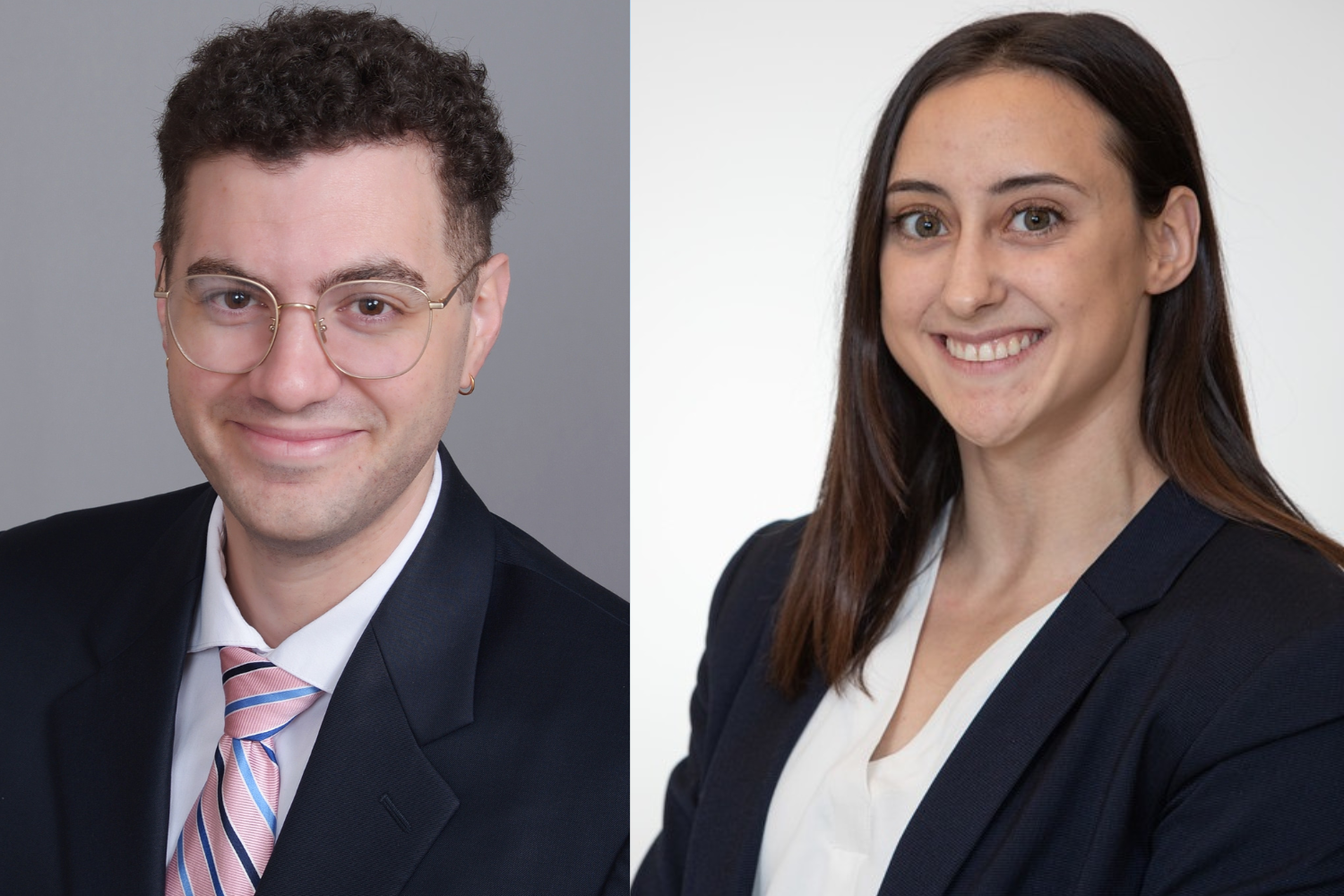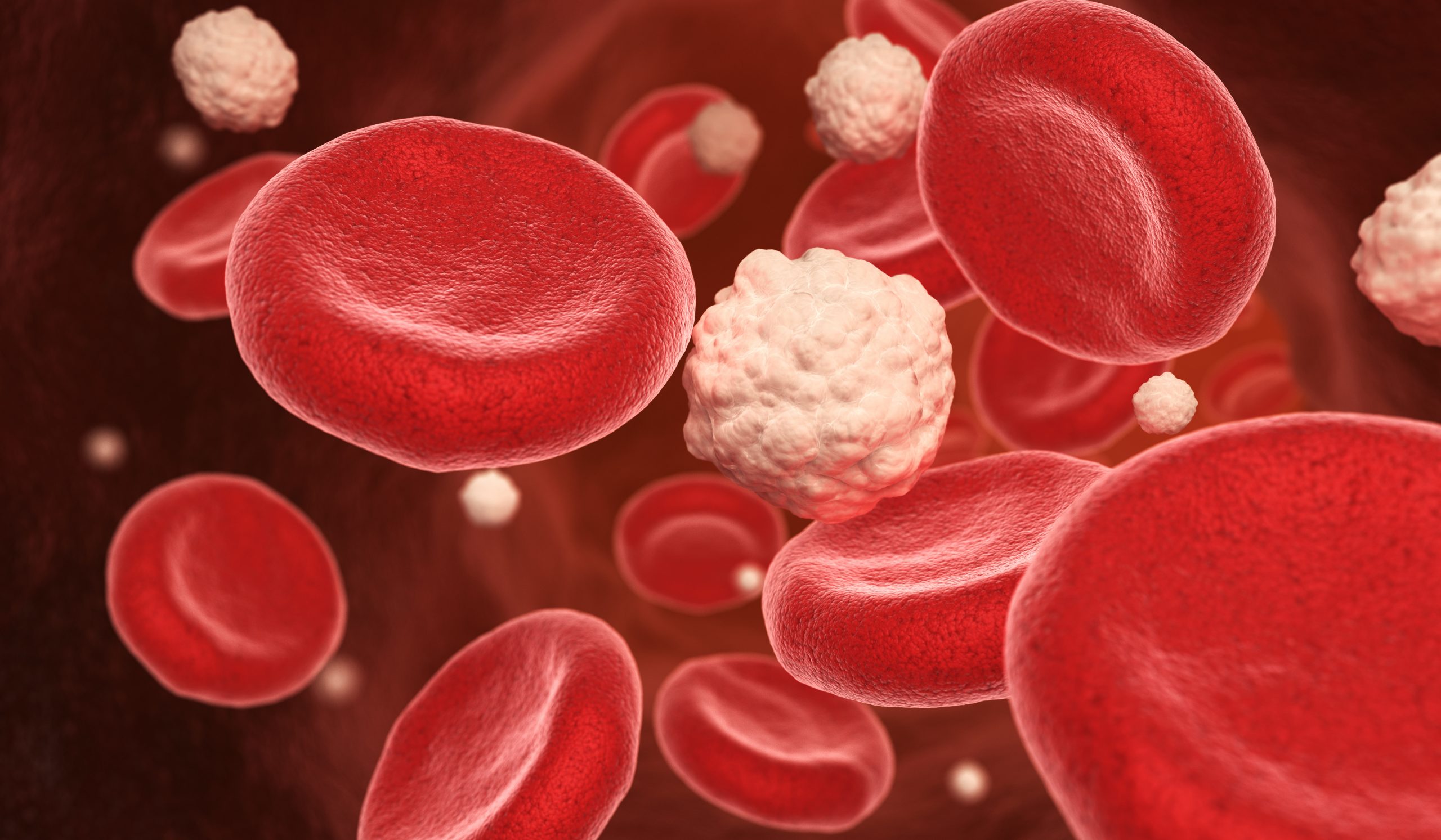The White House recognized the University of Connecticut School of Law on Friday for joining in the legal response to a national eviction and housing crisis exacerbated by the COVID-19 pandemic.
UConn Law was among 99 law schools acknowledged during a virtual event with Second Gentleman Douglas Emhoff, Attorney General Merrick Garland, Associate Attorney General Vanita Gupta, Deputy Treasury Secretary Wally Adeyem, and Gene Sperling, senior advisor to the president and American Rescue Plan coordinator.
In August 2021, Garland issued a call to the legal community to take an active part in preventing evictions, part of a government-wide initiative to help millions of families remain in their homes. In response, UConn Law Dean Eboni S. Nelson joined other law school deans in a statement committing to help prevent evictions.
“Housing security is critical to establishing and maintaining healthy, safe, and thriving lives, families, and communities,” Nelson said. “I greatly appreciate the leadership of Associate Dean Jennifer Mailly, our students’ impactful service, and the Connecticut Bar Association’s partnership in providing helpful assistance to members of our community.”
Many UConn Law students stepped up to help answer Garland’s call, Mailly said, including several who participated in the Connecticut Bar Association’s Pro Bono Free Legal Advice Clinic. They included:
- Holly Critchley ’23, who assisted in the case of a family facing the loss of their home after a medical crisis caused them to fall behind on mortgage payments. The experience revealed how the pandemic has amplified the struggles that many people in Connecticut were already experiencing, she said. “Talking to that family reminded me housing insecurity could suddenly happen to anyone — people who had once held steady jobs, owned a home or had other property.”
- Jenna Bator ’24, who collected intake information from a client who had been unemployed since the beginning of the pandemic after he suffered a serious injury. He was facing foreclosure and working with a volunteer attorney to apply for disability benefits and to avoid losing his home. Bator said that experience showed her “how quickly an unfortunate event can escalate into complex legal disputes” and how much greater the impact can be on people with few resources.
- Lillianna Baczeski ’22, who reviewed client intake applications, conducted intake interviews and helped clients submit documents. “Housing insecurity is scary for anyone, but can be especially devastating for families and children,” she said. “I feel grateful to be able to help Connecticut residents who sought assistance through the clinic.”
- Ridhika Kartan ’22, who assisted on two eviction cases, discussing and gathering information about one client who was threatened with eviction and another who received a stay of eviction with the help of the UniteCT Emergency Rental Assistance program. “COVID and the numerous stays of eviction proceedings have confused both landlords and tenants about proper procedures about evictions,” she said. “I really hope that we find a solution on how to spread true information about tenant and landlord rights during and after the pandemic.”
In addition to supporting the students’ pro bono work, Mailly said, the law school is engaging with other law schools, the Connecticut Bar Association and other organizations on plans to distribute legal information to people at risk of eviction and to create other new programs to combat eviction.
As a result of the actions already taken across the nation, including an estimated 81,000 hours of service by 2,100 law students to more than 10,000 households, the eviction rate is now 60 percent below historic averages, the White House announced.



